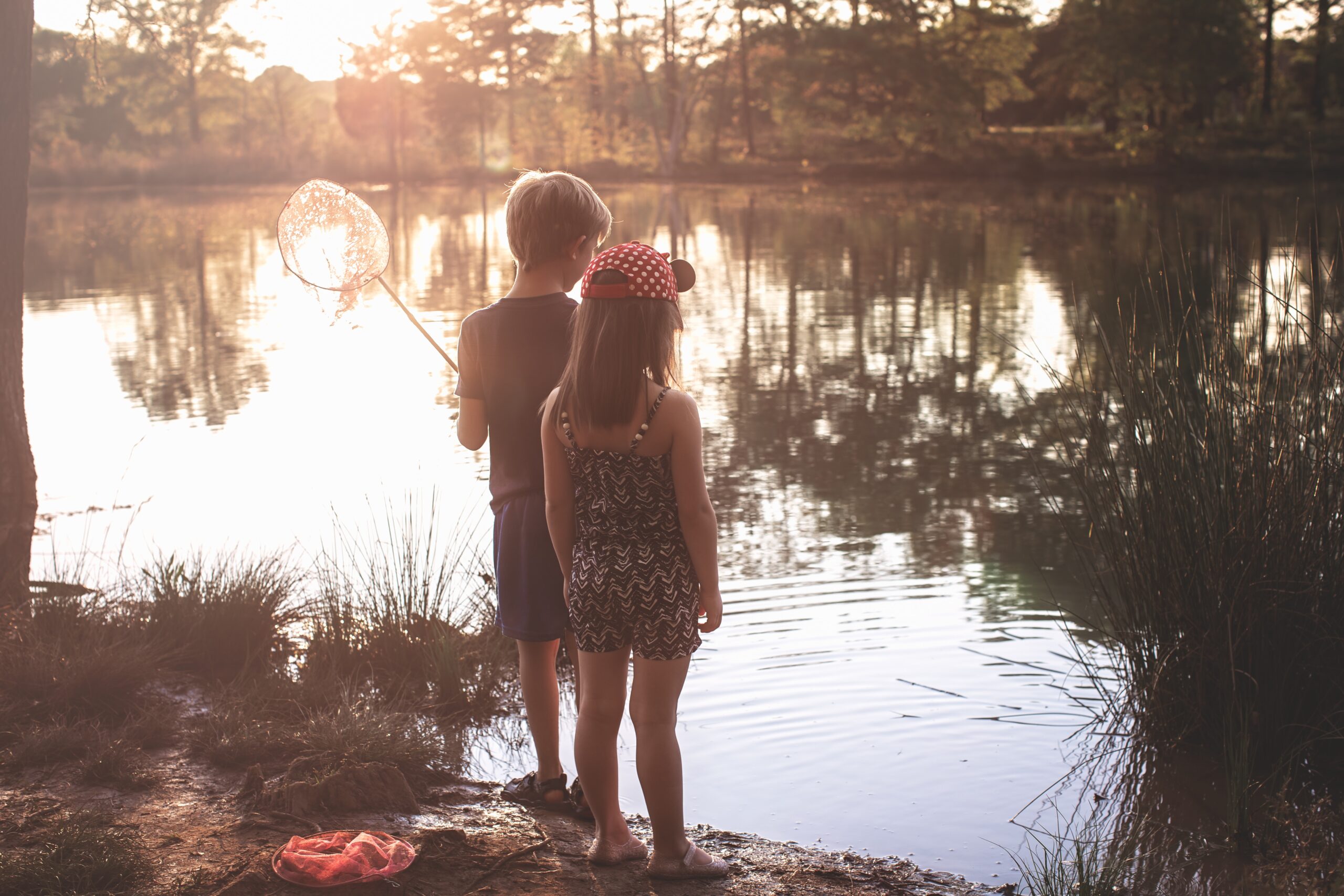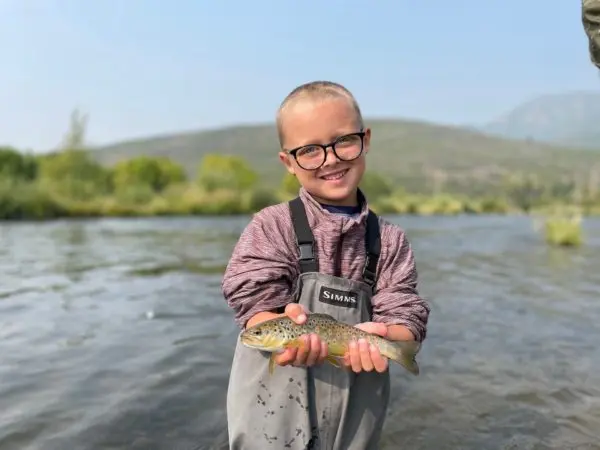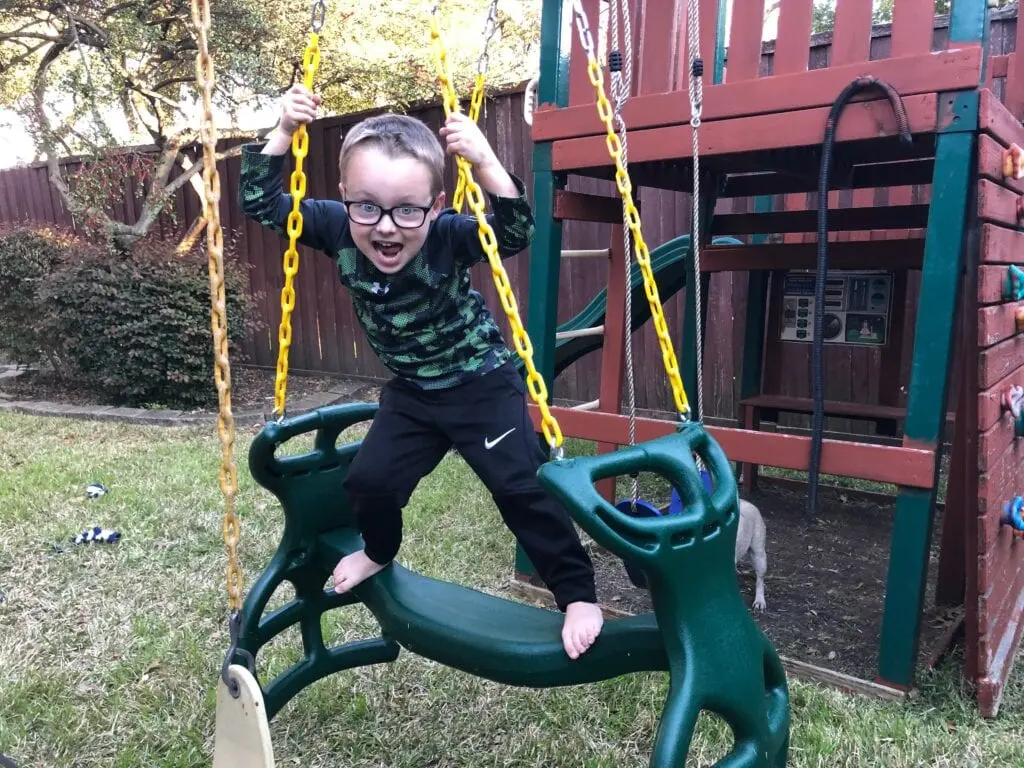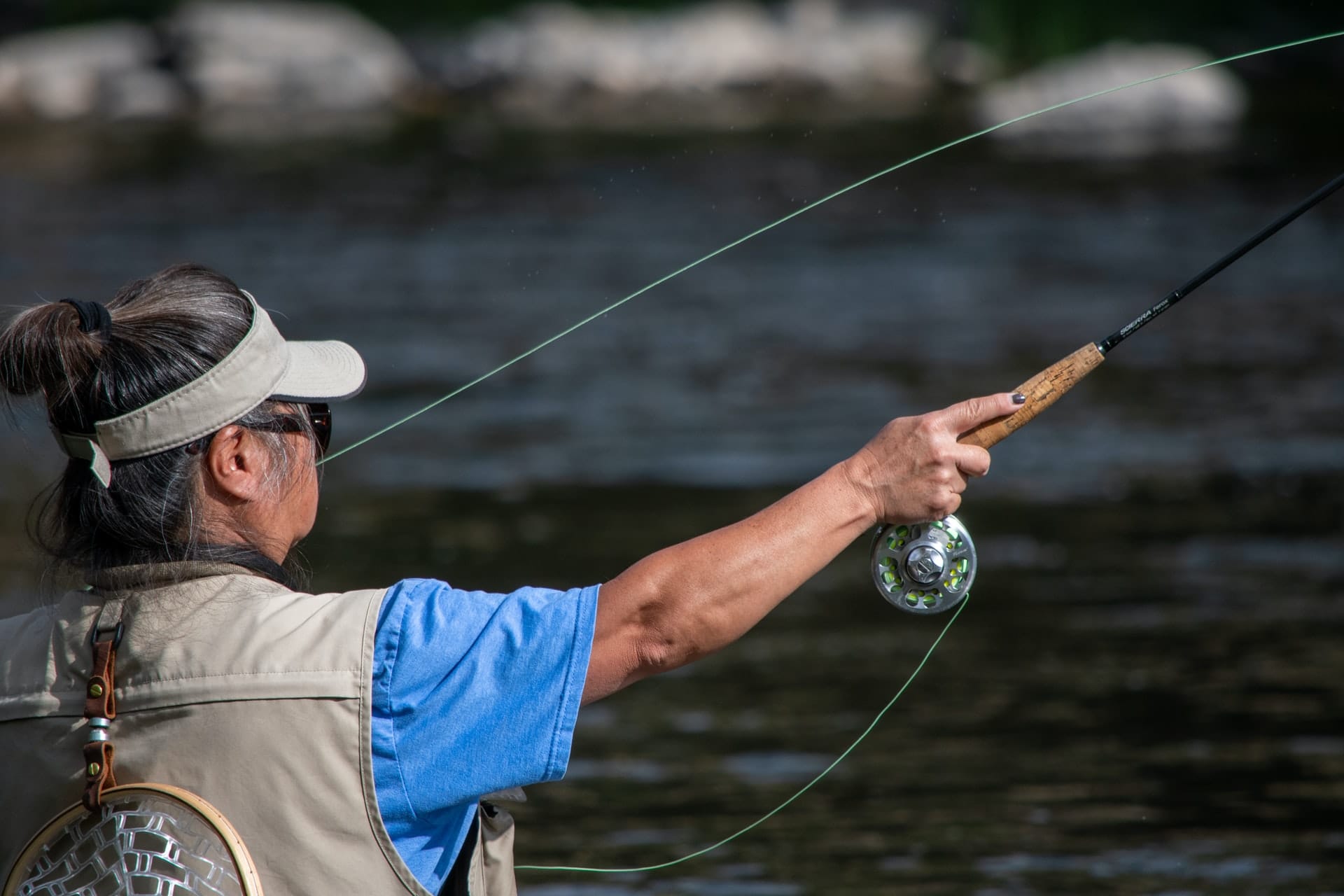Fishing is a cherished pastime that can be enjoyed by people of all ages, including children. It offers a multitude of benefits, from teaching patience and perseverance to fostering a love for nature and the outdoors.
Introducing children to the joy of fishing at an early age not only creates opportunities for quality family time but also imparts important life lessons.
In this article, we will explore the best ways to introduce children to fishing, including important lessons to teach them, determining the right age to start, and practical tips to make each fishing trip a memorable experience.
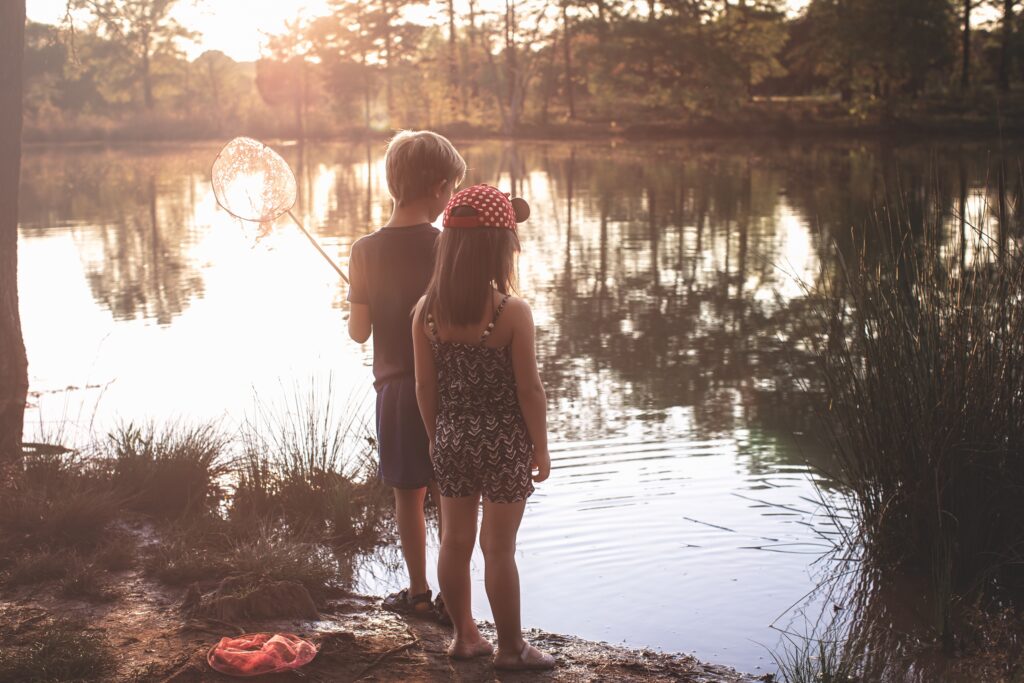
Important Lessons to Teach Kids About Fishing
Before venturing into the world of fishing with your children, it’s essential to teach them some key lessons to ensure a positive and responsible experience. These lessons include:
Respect for nature
Instill in children a deep respect for the environment and the creatures that inhabit it. Teach them about the importance of catch-and-release practices and conservation efforts.
Patience and perseverance
Fishing requires patience and perseverance. Teach children to wait quietly, observe their surroundings, and appreciate the process of fishing, regardless of the catch.
Safety measures
Educate children about safety measures around water bodies, such as wearing life jackets, practicing casting techniques away from others, and being cautious of slippery surfaces.
When Can My Child Start Fishing?
The ideal age for a child to start fishing depends on their individual development and interest. Typically, children around the age of 5 or 6 can begin learning the basics of fishing.
However, every child is different, so it’s crucial to gauge their attention span, ability to follow instructions, and willingness to engage in the activity. Start with short fishing trips and gradually increase their involvement as they grow older and more confident.
Tips to Make the Most of Each Fishing Trip
To ensure an enjoyable and rewarding fishing experience for your children, consider the following tips:
Choose the Right Gear
Invest in child-sized fishing equipment, such as lightweight rods and reels, with easy-to-use mechanisms suitable for small hands. Opt for barbless hooks for safety.
Go For Your Best Spot
Look for a fishing location that is accessible, safe, and has a high probability of success. Consider family-friendly fishing ponds, lakes, or even organized fishing events for children.
Keep it Simple
Start with the basics of fishing, such as teaching children how to cast, reel in, and handle a fish. Avoid overwhelming them with complex techniques initially, as it may dampen their enthusiasm.
Involve Them in Everything
Encourage children to immerse themselves in the fishing experience by listening to the sounds of nature, feeling the water’s movement, and observing the wildlife around them. These sensory experiences enhance their connection with nature. Teach your child about the different types of bass and other species as well.
Pack for All Situations
Make sure to pack a variety of snacks, drinks, sunscreen, insect repellent, and extra clothing. Being prepared for various weather conditions and having a well-stocked tackle box will ensure a comfortable and successful fishing trip.
Celebrate Every Catch
Regardless of the size or species of the catch, celebrate your child’s success and instill a sense of pride in their accomplishment. Take pictures, release the fish carefully, and share stories of memorable fishing experiences.
Sustaining the Interest in Fishing
To sustain a child’s interest in fishing, regular fishing trips are key. These could be planned in advance for special occasions or simply impromptu outings when the weather is right. Consistency will keep the child engaged and provide plenty of practice to improve their skills.
As children become more comfortable with fishing, introduce them to various fishing techniques. Whether it’s fly fishing, saltwater fishing, or ice fishing, learning different methods can keep fishing exciting and allow them to develop a broader set of skills.
Consider introducing children to local fishing communities or clubs. This can offer them a sense of belonging and allow them to learn from more experienced anglers. Fishing tournaments designed for children could also be a fun way for them to engage in the sport.
By preparing children adequately for their first fishing experience, creating a memorable adventure, and sustaining interest over time, we pass on the tradition of fishing to the next generation. Not just the activity itself, but the love for nature, the appreciation of patience and perseverance, and the joy and satisfaction that comes from it.
Author’s profile
For Coty, he didn’t love bass fishing at first cast. It took a few (thousand) throws for him to become obsessed with mastering every possible fishing style, technique, and lure. As a third-generation angler and the Managing editor of Anglers. He has a plethora of knowledge and experience on the water and loves sharing what he knows.
